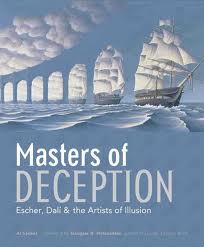School Libraries, Age-Appropriateness and Censorship
When a school librarian removes a book from the school library, is it automatically considered to be censorship? The answer is no. See this new article by FIRE. Here's an excerpt
Like city or county public libraries, public school libraries overall enjoy significant discretion in deciding what to include on their shelves. Unlike public libraries, however, school libraries serve a specific part of the community — K-12 students. So public school libraries necessarily place greater emphasis on age appropriateness and may consider the material’s quality and how it supports the curriculum and the school’s educational goals, which are in turn subject to democratic oversight through locally elected (or appointed) school boards.As one court observed, public libraries are “designed for freewheeling inquiry.” When weeding materials, public school libraries may consider the same factors that public libraries do, such as accuracy, currentness, and physical condition. In addition, public school libraries may consider whether the materials are relevant to the curriculum, of interest to students, or age appropriate. But the government may not order books removed from school libraries out of sheer hostility to disfavored views or ideas.
Does banning books from school libraries violate the First Amendment?
When public school libraries remove books from their collections based on partisan or ideological disapproval of the book’s contents, they violate the First Amendment. The Supreme Court addressed this issue in the landmark case of Board of Education, Island Trees Union Free School District No. 26 v. Pico. A plurality of justices held that public schools have discretion to determine the content of their libraries based on factors like “educational suitability,” but “that discretion may not be exercised in a narrowly partisan or political manner.” The well-reasoned plurality opinion emphasized the importance of established and unbiased procedures for reviewing book challenges.











